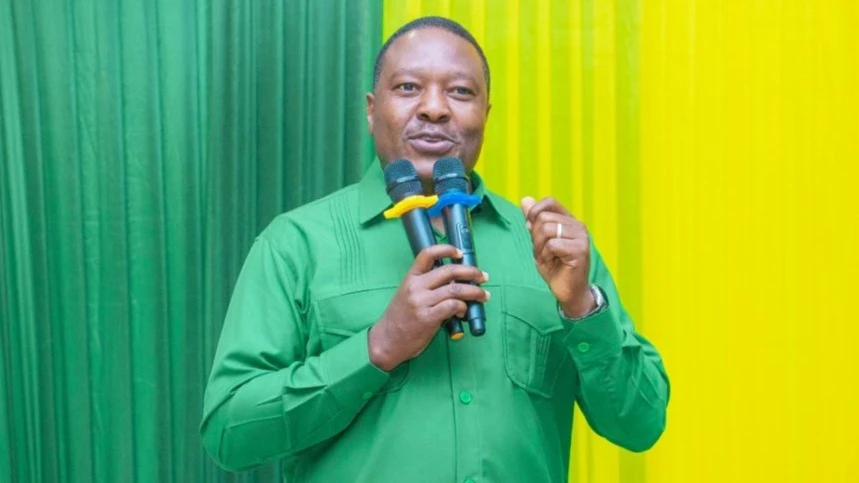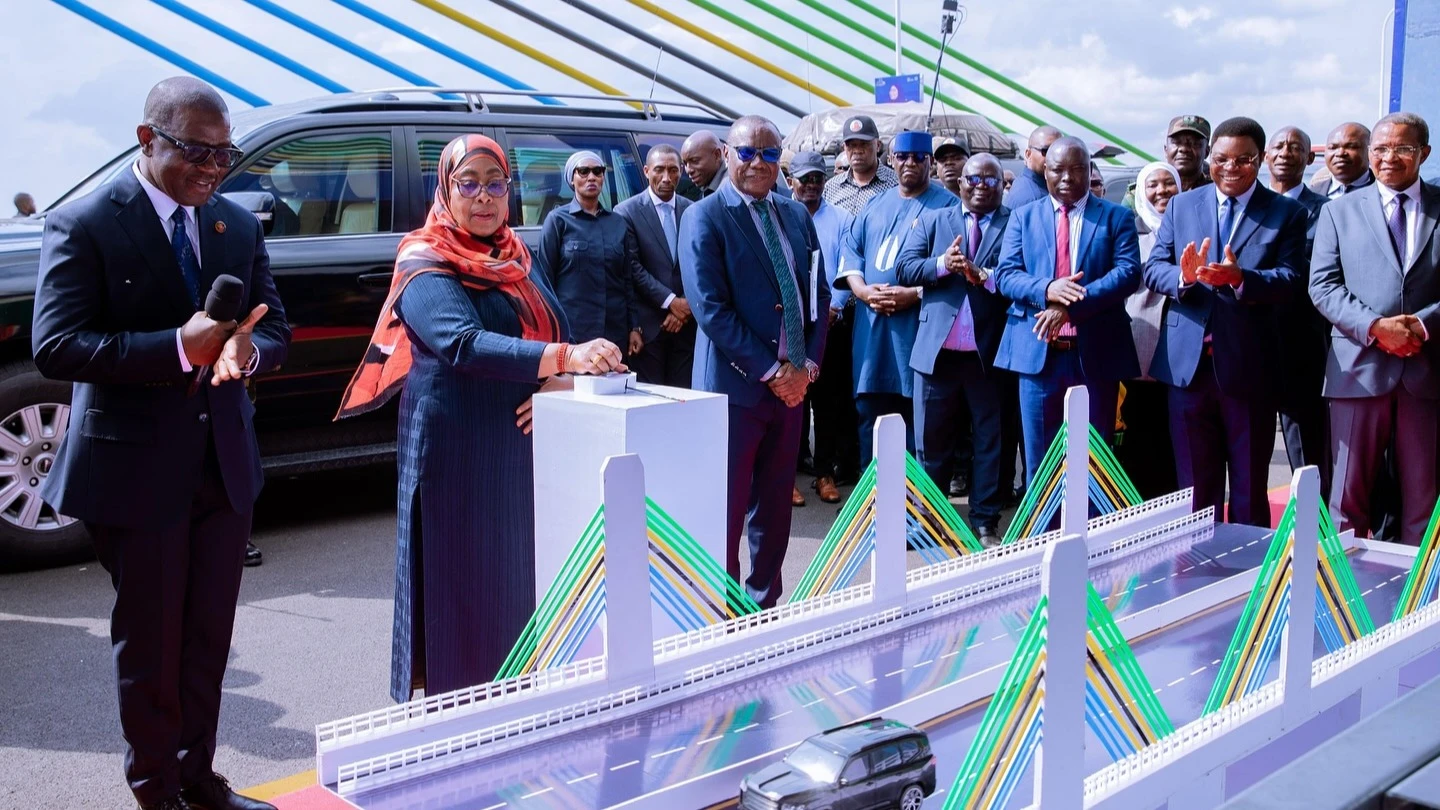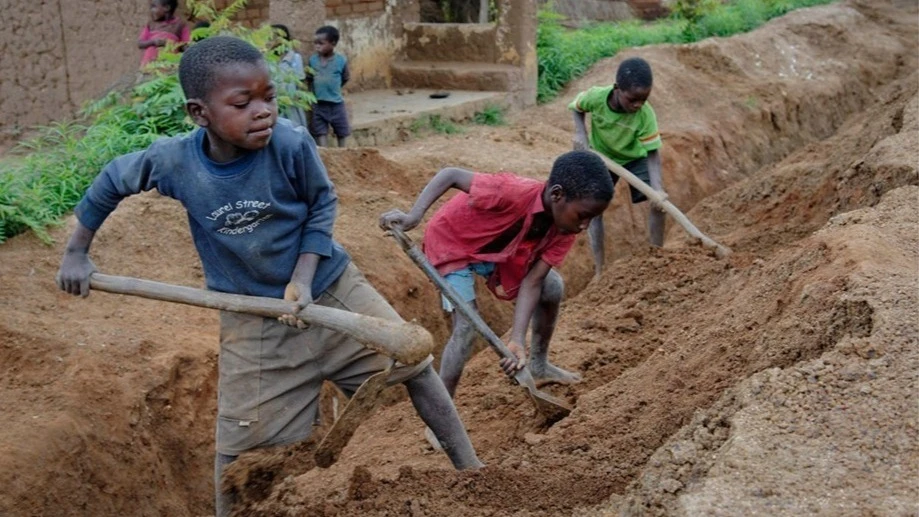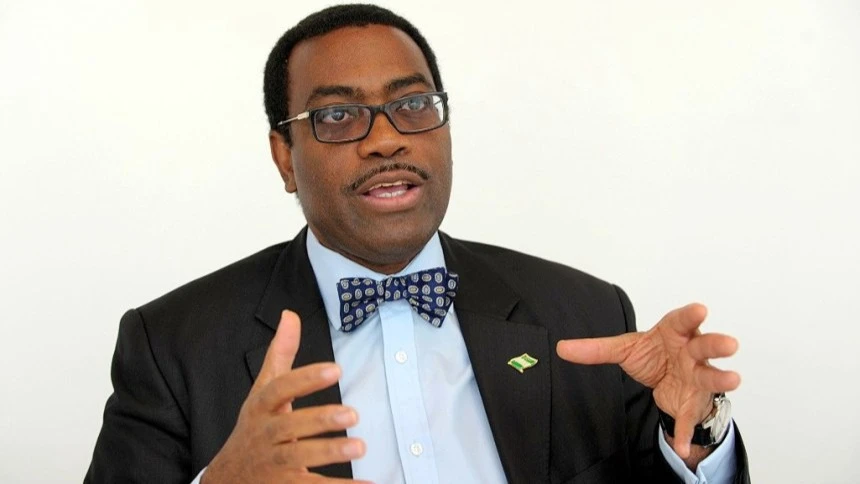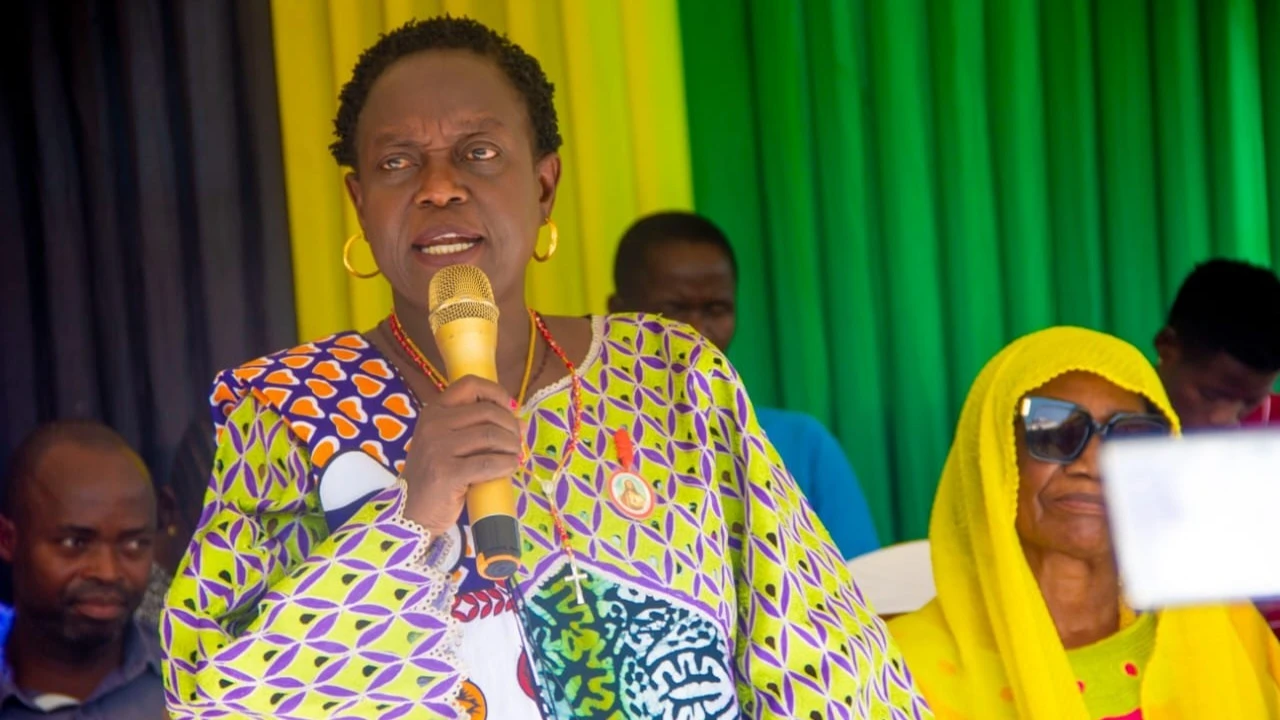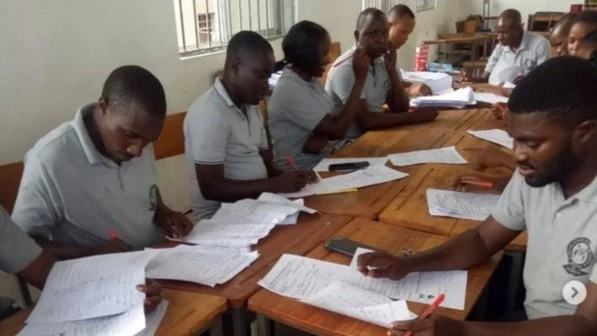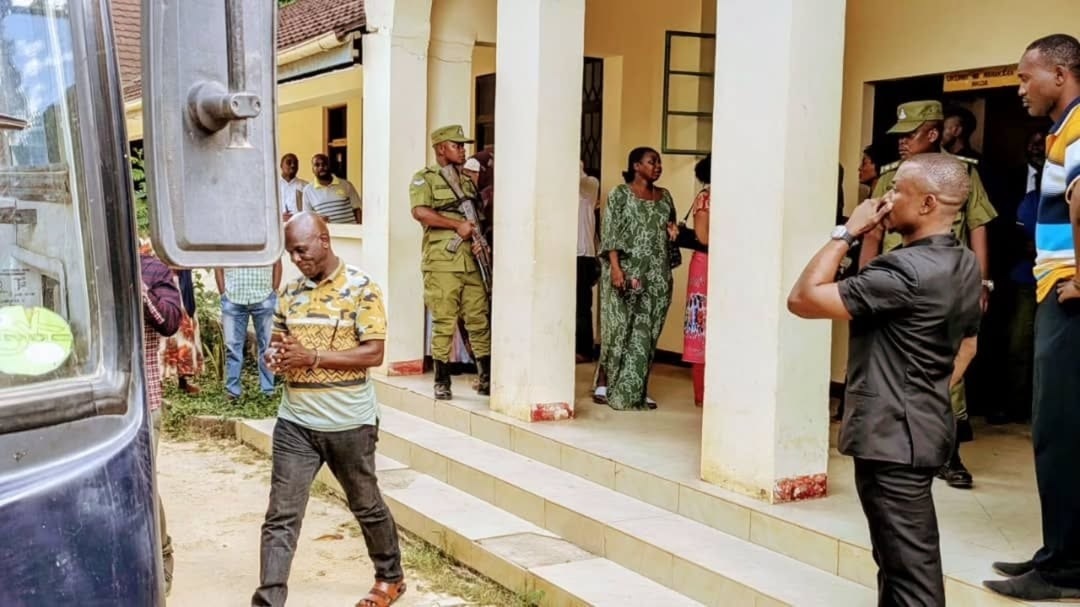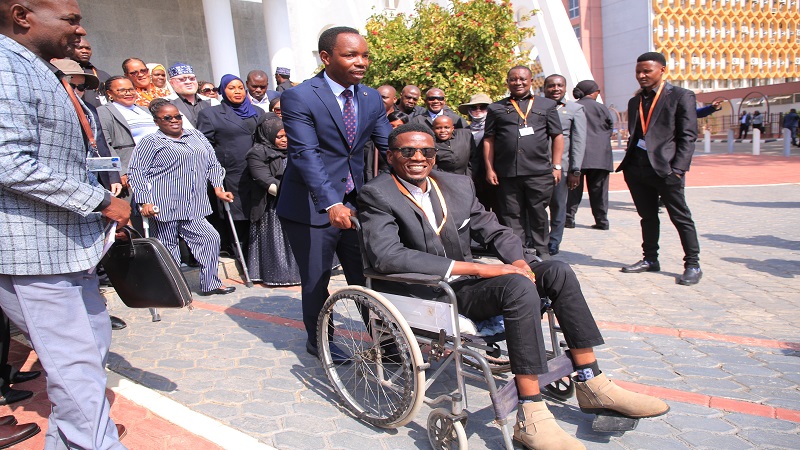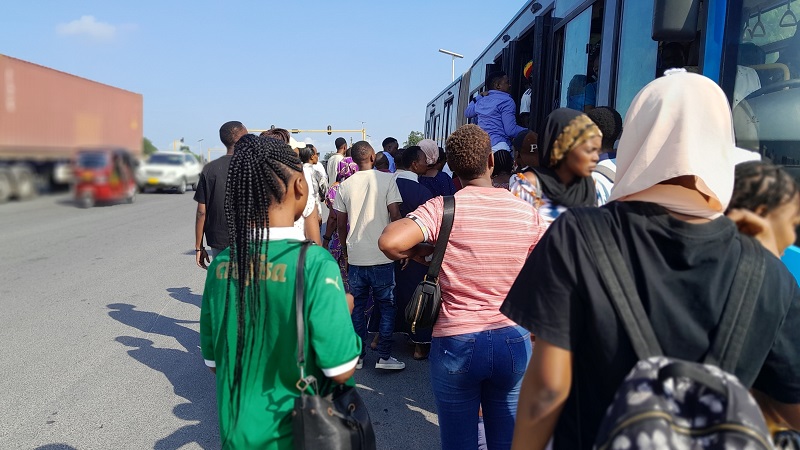Air Tanzania to start direct flights to Maputo this year
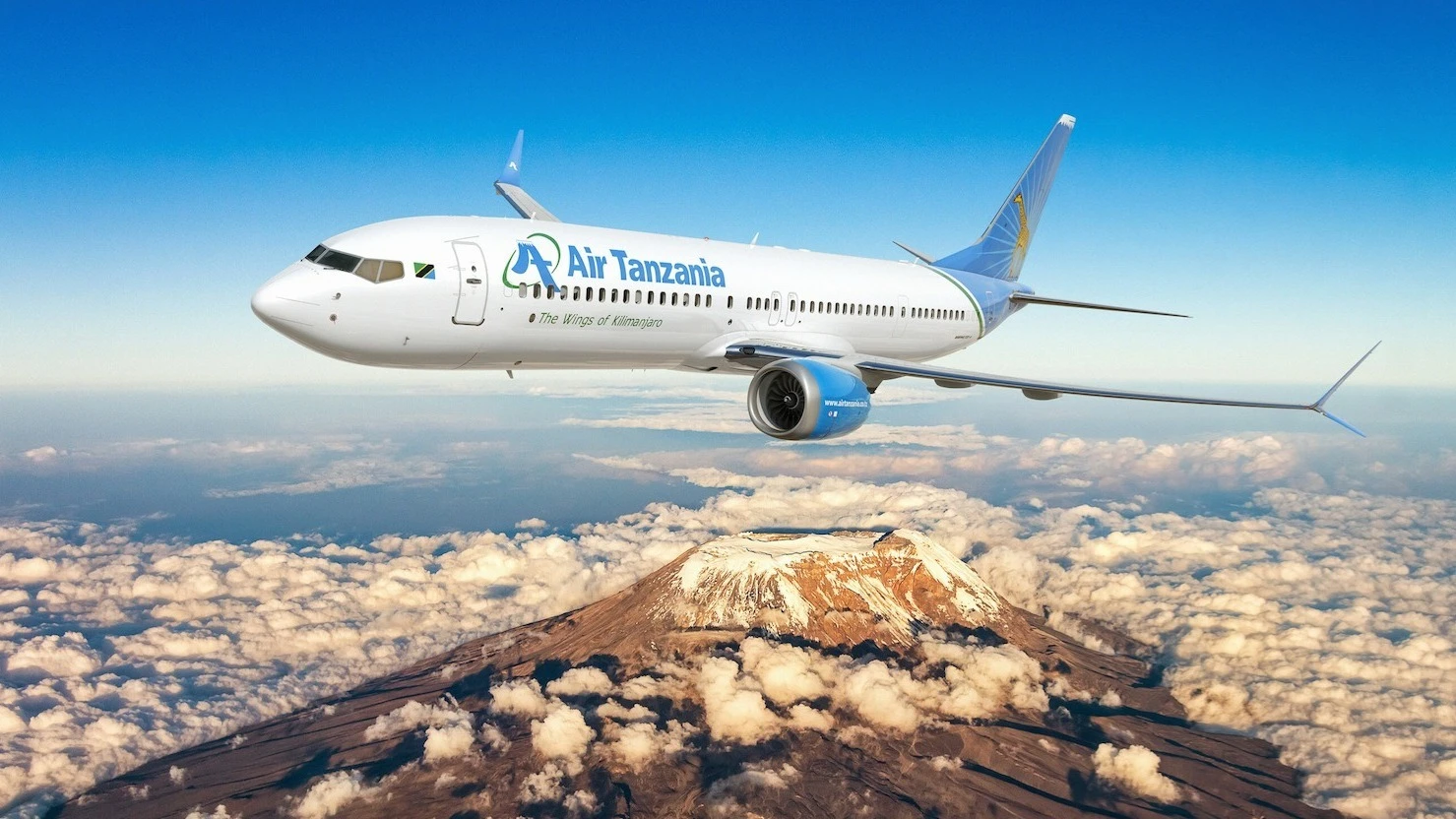
AIR Tanzania will launch direct flights to Mozambique by the end of this year, in a move intended to enhance trade, tourism and economic cooperation between the two nations, President Samia Suluhu Hassan declared here yesterday.
Speaking in Maputo during commemorations marking 50 years of Mozambique’s independence, the president applauded the resilience of the Mozambican people and described the country’s liberation as a collective victory for all Africans.
She expressed gratitude to President Daniel Chapo for the invitation and hospitality, stressing that Mozambique and Tanzania are more than neighbours, as they are blood brothers.
“When a neighbour celebrates, the whole village celebrates,” she remarked, affirming that Mozambique’s independence is a source of pride for Tanzania as well.
She praised Mozambique for supporting other regional liberation struggles after its independence, including in Zimbabwe, South Africa and Namibia, paying tribute to the country for its assistance during Tanzania’s 1978–79 war against Ugandan dictator Idi Amin.
President Samia saluted Mozambique’s progress since independence, highlighting the contributions of past national leaders like Joaquim Chissano, Armando Guebuza and former President Filipe Nyusi in building a sovereign, dignified and forward-looking nation.
Calling for maintaining peace, unity and economic liberation across Africa, the president cited Mozambique’s Torch of Freedom as a powerful symbol of patriotism. She emphasized the need to empower women and foster gender equality, praising this year’s theme: “50 Years: Empowering Women, Building Gender Equality.”
She honoured legendary women freedom fighters such as Josina Machel and Paulina Mateus Nkunda, noting their groundbreaking roles in Mozambique’s liberation and in transforming gender norms through FRELIMO’s female detachment.
President Samia appealed for action among all Africans to draw strength from shared history, foster cooperation and pursue sustainable development rooted in justice, equality and unity.
She was wholesome in paying tribute to Mozambique’s triumph over colonial rule, reaffirming Tanzania’s unwavering solidarity with its southern neighbour, underlining the countries’ historical ties and shared destiny rooted in Africa’s liberation movements.
She traced the deep bond between the two nations to the historic partnership forged by the late Mwalimu Julius Nyerere and Mozambique’s founding leaders, Dr Eduardo Mondlane and Samora Machel, who united their peoples in the fight for freedom.
Tanzania's role in the liberation struggle was driven by a strong pan-African belief that “denying freedom to one African is denying freedom to all,” she stated, recalling the direct impact of colonialism in Mozambique on Tanzania’s southern border, which lived in fear of cross-border attacks and instability.
Tanzania not only welcomed Mozambican refugees but also played a pivotal role in supporting the FRELIMO liberation movement, hosting its formation in Dar es Salaam in 1962 and providing training grounds at Kongwa and Nachingwea, she told the gathering.
Tanzania also hosted the Organisation of African Unity’s Liberation Committee and served as headquarters for the Frontline States, coordinating southern Africa’s broader anti-colonial efforts.
This support came at a price — sabotage of infrastructure and economic sacrifice — but was offered willingly in the spirit of African unity. “Mozambique’s victory is our victory. Its development is our shared development,” she added.
Top Headlines
© 2025 IPPMEDIA.COM. ALL RIGHTS RESERVED








